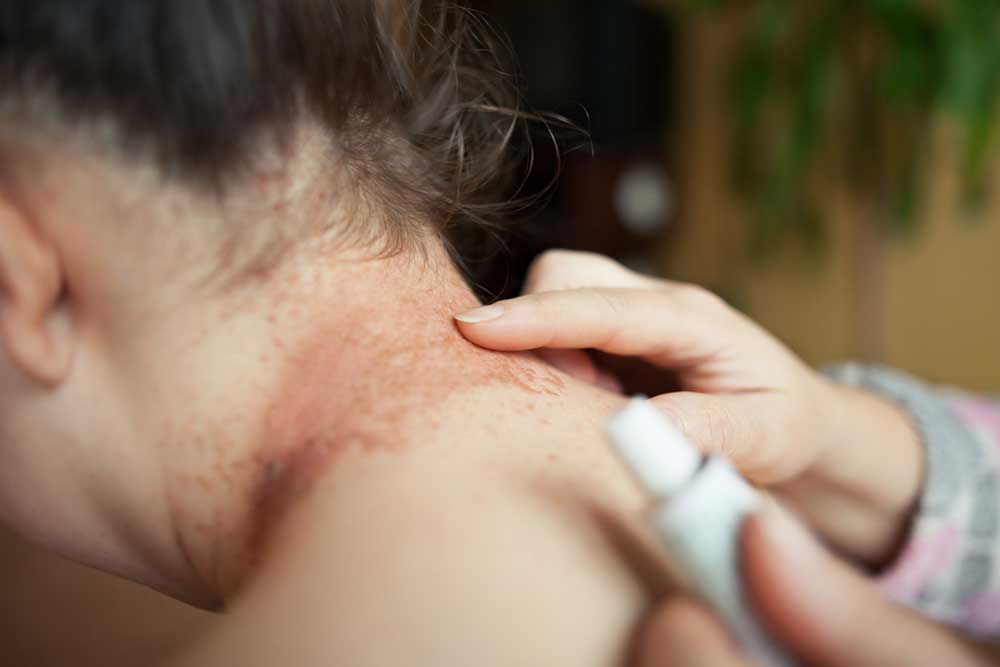Exploring the Latest Advances in Dermatology Techniques
Discover the latest advancements in dermatology, including surgical procedures like Mohs surgery and comprehensive medical treatments for various skin conditions. Learn how modern dermatology offers effective solutions for skin cancer, psoriasis, eczema, and more, with personalized care from specialized professionals.

Exploring the Latest Advances in Dermatology Techniques
The skin, our largest organ, requires attentive care to maintain its health. People across all age groups can experience various skin conditions, and understanding the appropriate treatments is crucial. With modern dermatological procedures emerging, awareness of specific skin ailments and their corresponding treatments is essential. Many believe dermatology solely addresses acne, but recent advancements have broadened its scope significantly. Cutting-edge developments in both medical and cosmetic dermatology now offer innovative solutions to transform skin health and appearance.
Highlighting modern dermatology innovations
Surgical dermatology – An advanced treatment approach
Surgical dermatology, also known as Mohs Micrographic Surgery, ranks among the most effective methods for treating skin cancers such as melanoma and basal cell carcinoma. This precise procedure is especially beneficial for cancers affecting delicate areas like the lips, scalp, genitals, face, and toes. One significant advantage of Mohs surgery is its ability to remove cancer while preserving healthy skin, minimizing scarring and damage.
Dermatologists often recommend this surgical option for aggressive or recurrent tumors, ensuring thorough removal of malignant cells with minimal impact on surrounding tissue.
Medical dermatology – Enhancing skin health and treatment
Medical dermatology focuses on diagnosing and managing skin, hair, and nail conditions, including dermatitis, psoriasis, eczema, and acne. It also addresses congenital marks like birthmarks, as well as systemic diseases affecting the skin such as lupus and cutaneous lymphomas. Treatments involve medications like antibiotics, steroids, and oral antihistamines, alongside various procedures tailored to individual needs. Because every skin type is unique, consulting a dermatologist before choosing a treatment plan is highly recommended.
Maintaining healthy skin involves personalized care based on specific skin issues and types. A professional dermatologist's guidance ensures safe and effective treatment strategies for optimal results.










